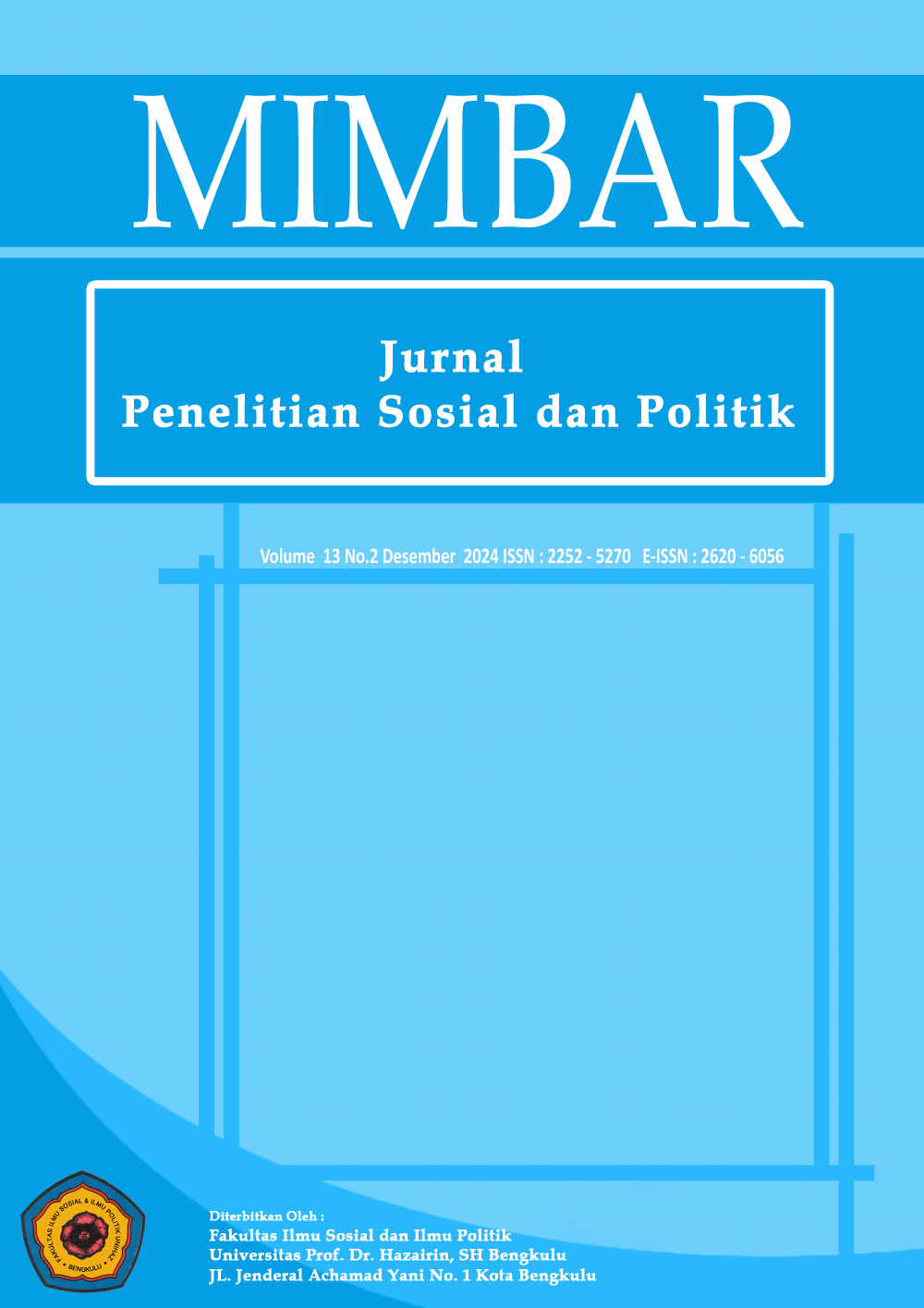POLITIK HUKUM SISTEM REKRUTMEN POLITIK YANG IDEAL BERDASARKAN UDHR & NILAI PANCASILA
DOI:
https://doi.org/10.32663/s1cann89Keywords:
political law political recruitment system; political rights in UDHR; wise and prudent leader.Abstract
The position of political parties as democratic institutions in Indonesia has a strategic role in producing prospective leaders in the legislative and executive institutions directly elected by the public through elections. However, the Law on Political Parties as the basis for the implementation of recruitment has not been able to produce prospective leaders who are in accordance with the mandate of the 4th principle of Pancasila, which implies the birth of leaders with the characteristics of wisdom and wisdom. Article 29 paragraph (1a); paragraph (2) of the Political Party Law only regulates the recruitment pattern that the selection of candidates for Regional Heads and DPRD candidates is carried out democratically, openly and in accordance with the bylaws of political parties. There are no detailed regulations related to the meaning of the democratic clause, thus creating an oligarchy of party elites, prone to "dowry" or money politics. This research uses a juridical-normative method with a statutory and conceptual approach. As a result of poor recruitment patterns, many prospective leaders born by political parties contradict the 4th principle of Pancasila, namely leaders who are wise and prudent and many are even caught in corruption cases, the impact is that the community does not get the right to get prospective leaders who are wise and prudent who are able to improve the welfare of the community. Indonesia has adopted human rights values in the UDHR and ratified the ICCPR. For this reason, the establishment of ideal standard standards for the recruitment process of prospective leaders through the revision of Article 29 paragraph (1a) and paragraph (2) of the Political Party Law must be done immediately so that the community gets the right to have a wise and wise leader.



